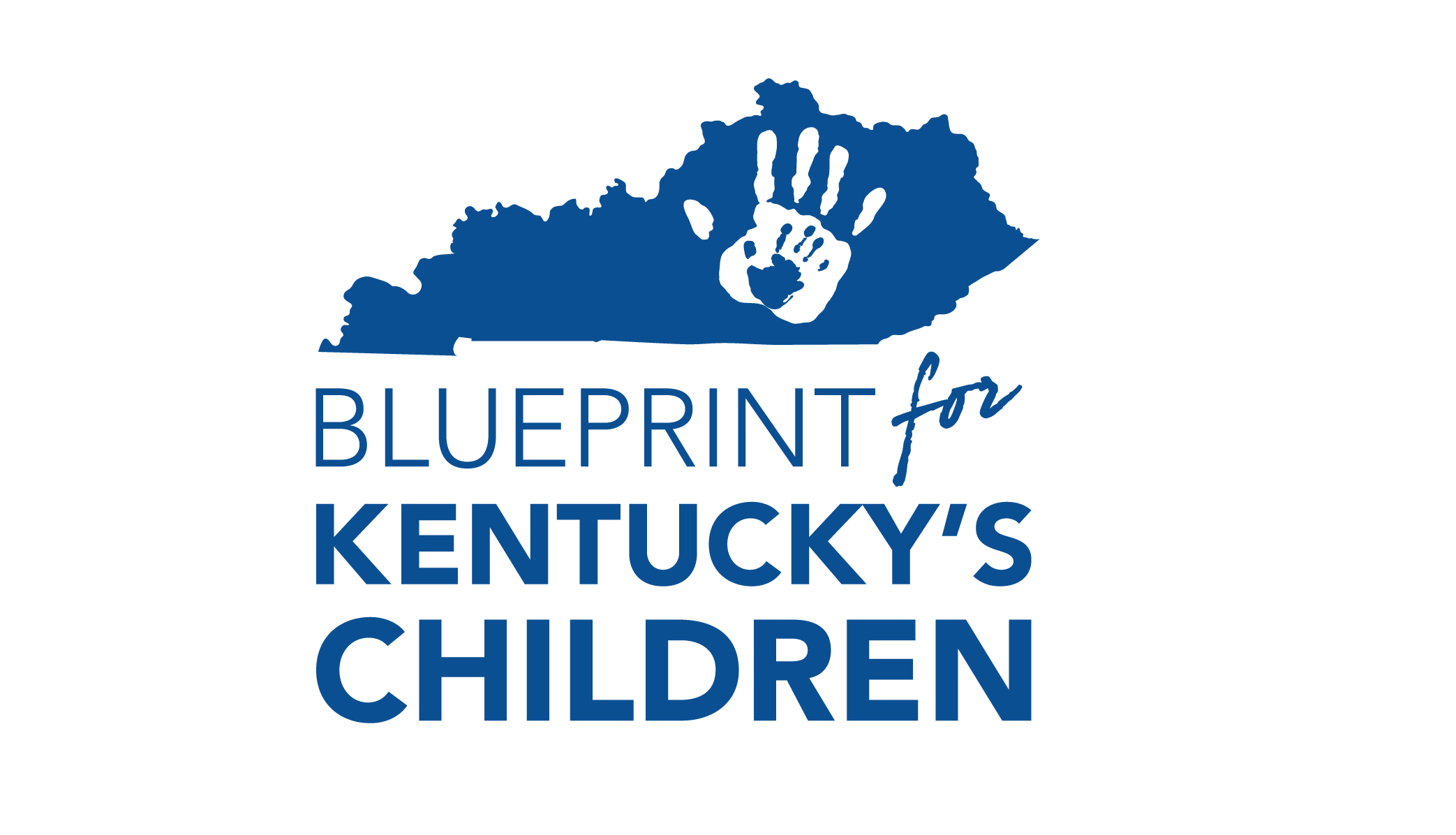Contact:
Andrea Bennett
502-381-1176
abennett@kyyouth.org
Jeffersontown, KY – An updated Blueprint for Kentucky’s Children issue brief Clearing the Air for All Kentucky Children was released today by Kentucky Youth Advocates. It affirms that children and babies across the Commonwealth are subject to immense dangers from secondhand smoke, particularly in communities without a strong smoke-free policy. Approximately 69 percent of Kentucky’s children live in a community that does not protect all children and pregnant women from secondhand tobacco smoke in workplaces and indoor public places. Exposure to secondhand smoke causes health problems from before birth and into adulthood, and making indoor public places smoke-free is an effective way to prevent exposure.
“The facts are pretty clear. Secondhand smoke causes problems for babies at birth, for children, and for teens. In order to give all children the chance to grow up healthy, we need to take steps to protect them from secondhand smoke. Smoke-free policies are the most cost-effective way to do this,” said Dr. Terry Brooks, executive director at Kentucky Youth Advocates.
The report emphasizes four important ways smoke-free policies protect kids and babies:
- Smoke-free policies help more babies be born on the right track for healthy development. Pregnant women exposed to secondhand smoke are more likely to have preterm births and babies born with a low birthweight (less than 5.5 pounds). Babies born at a low birthweight face increased risks for serious health problems, disabilities, cerebral palsy, and vision and hearing loss. Kentucky’s rate of low-weight newborns is among the worst in the nation, ranking 39th out of 50. Smoke-free policies have been shown to reduce the prevalence of preterm births (a common reason for low birthweight).
- Smoke-free policies protect children with asthma. Children with asthma are particularly sensitive to secondhand smoke as it is a common trigger for asthma attacks. Kentucky ranks 41st in the nation for children with asthma problems. From 2010-2012 in Kentucky, there were nearly 6,000 inpatient hospitalizations of children due to asthma attacks. Studies have found significant declines in inpatient asthma hospitalization rates of children following the implementation of comprehensive smoke-free laws. For example, during the 32 months after Lexington’s smoke-free law was enacted, emergency department visits due to asthma declined by 18 percent for children.
- Smoke-free policies reduce smoking during pregnancy. While mothers may smoke during pregnancy to cope with stress, this practice causes harm to unborn babies. More than one out of every five Kentucky babies is born to a mother who smoked during pregnancy – the highest rate in the nation. Smoking during pregnancy is associated with problems such as miscarriage, still birth, and SIDS, babies being born too soon, and babies born at a low birthweight. Kentucky spends $5.6 million on neonatal services directly related to maternal smoking. Indoor smoke-free policies help reduce maternal smoking during pregnancy, regardless of individual socio-demographic characteristics.
- Smoke-free policies protect teens in the workplace. Approximately 77,000 Kentucky teens ages 16-19 (33 percent of that age group) are in the workforce. These teens need protection from secondhand smoke but also from exposure to toxins left on indoor surfaces by tobacco smoke, which have been known to cause further harm.
“We know smoke-free policies will improve the health of Kentucky newborns and children,” said Terry Brooks, executive director at Kentucky Youth Advocates. “We need to protect all kids, not just those kids lucky enough to live in a smoke-free community. Kentucky babies can’t wait.”
The updated Clearing the Air for All Kentucky Children brief is available at kyyouth.org. For questions about this brief or to schedule an interview, please contact Andrea Bennett at abennett@kyyouth.org or 502-381-1176.
###
Kentucky Youth Advocates believes all children deserve to be safe, healthy, and secure. As THE independent voice for Kentucky’s children, we work to ensure policymakers create investments and policies that are good for children.

